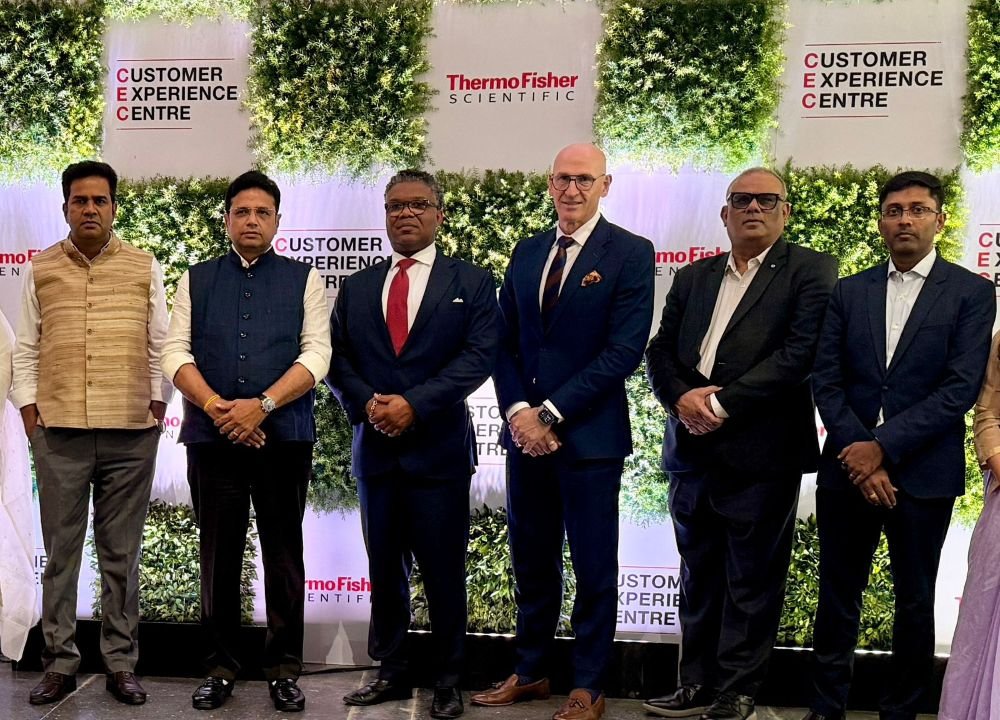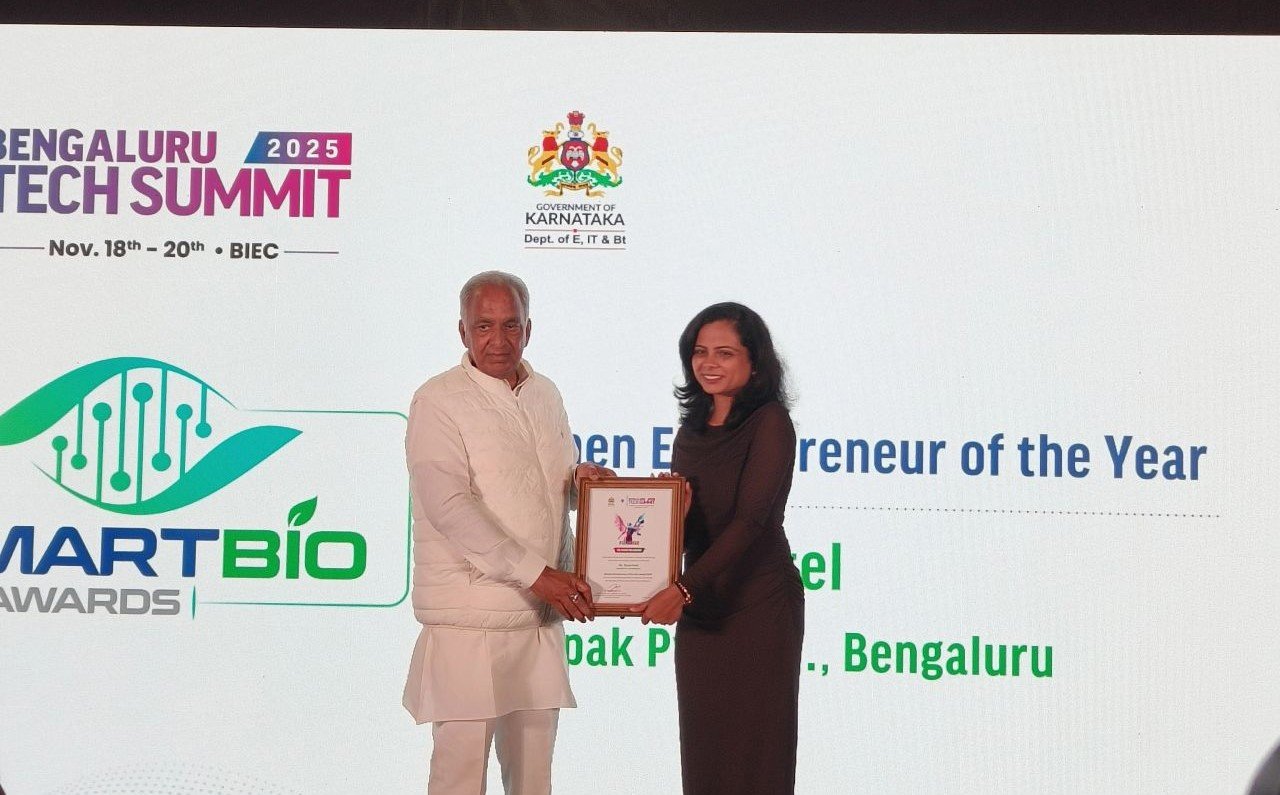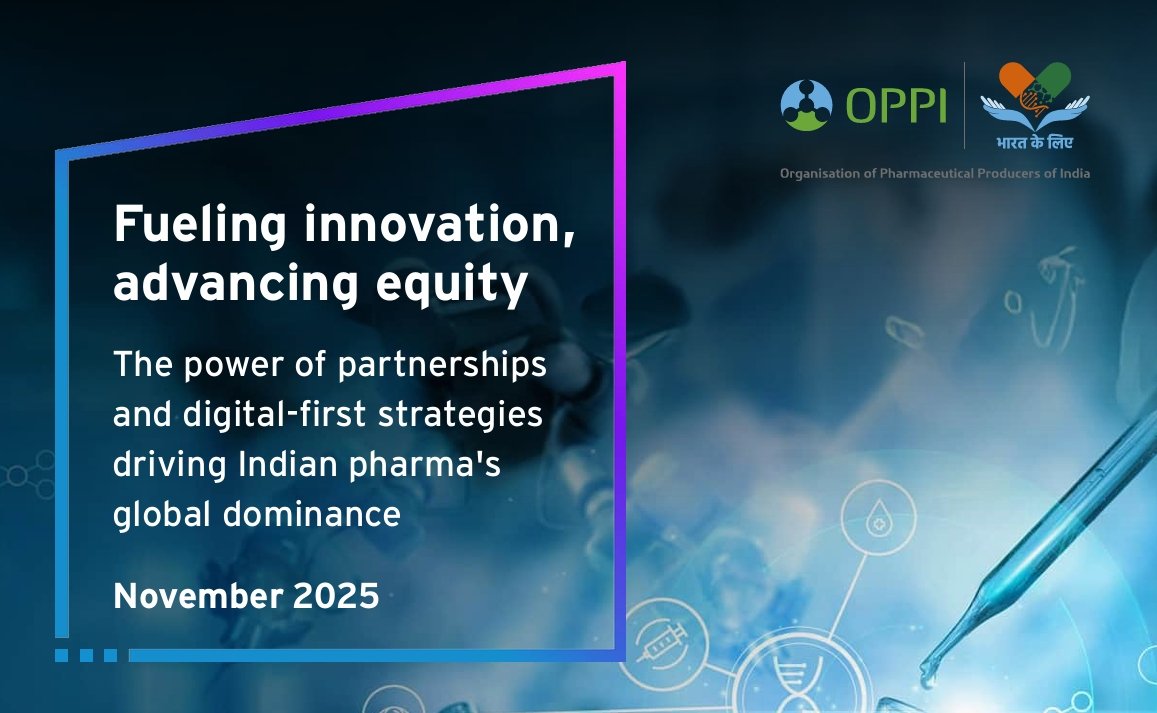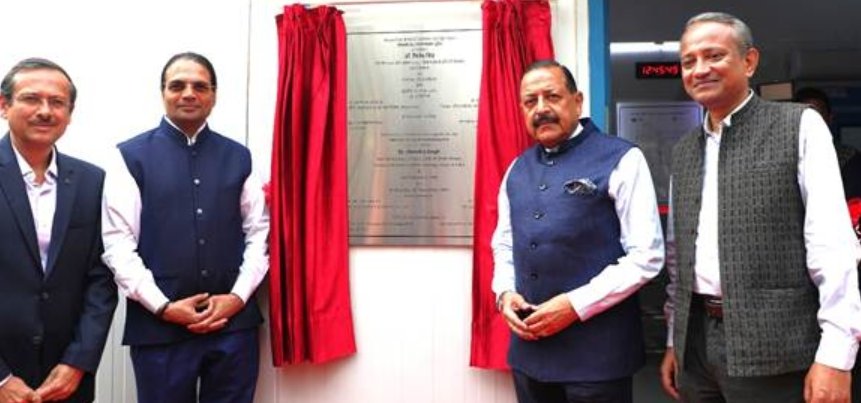An exclusive peek inside VIT's technology business incubator
July 06, 2015 | Monday | Interviews | By BioSpectrum Bureau
An exclusive peek inside VIT's TBI
(Photo Courtesy: www.tech.co)
Q: What is the incubation model that you follow at the centre?
Mr A Balachandran: We provide concept-to-commercialization support and our incubation support for biotech start-ups is heavily anchored on 'Access to infrastructure in the campus', 'Access to talent', 'Access to mentoring & funding'.
Though our standard incubation period is 3 years, on a case-to-case basis, we extend this support up to 5 years too.
Our funding assistance comes without hassles as it is soft loan without any equity demand.
We do bring in mentors and angel investors from our network to assist our start-ups in areas where we don't have resources in-house.
Q: How can this model be replicated to kick-start biotech start-ups boom in India?
Mr A Balachandran: Many leading academic institutions and research labs having biotech facility have the potential to offer incubation services.
However, good autonomy & external linkages for funding and mentoring are essential ingredients.
Q: What are the key investments needed to create, say, 2000 biotech start-ups by 2017?
Mr A Balachandran: In my opinion, we need 100 specialized infrastructure zones that are to be created for incubation. These zones should have basic biotech product development and testing facility. The cost for this could be around Rs 500 crore.
For every 5 such incubators, there could be one animal house facility and for every 10 such incubator, there could be a sequencing facility as common facility.
Since relying on only campus facility leads to either delays or limited access to infrastructure, such dedicated facilities are essential.
Q: In the current situation, how many biotech start-ups can an incubation centre produce in a year, given the challenges in funding and infrastructure?
Mr A Balachandran: Three to five start-ups.
Q: Tell us the uniqueness about your incubation centre.
Mr A Balachandran: We provide access to the state-of-the-art biotech infrastructure in the campus and we have subsidized the costs.
We don't take any equity, and a huge talent pool is available to work with start-ups either as interns or as project trainees.
Q: Briefly tell us about the success stories achieved at the centre?
Mr A Balachandran: We have so far incubated successful biotech and bioinformatics start-ups:
 MSi Biotech:
This company is in the water treatment domain. The entire product development was carried out in the incubation stage and the company has a turnover of around Rs 50 lakh per year. This was achieved in a frugal manner and the company received both a grant and loan from us.
 Xcode Lifesciences:
This is a bioinformatics business in the wellness space. Got good visibility during incubation stage through our efforts, and won many awards. We facilitated an angel investment, a government grant and subsequently have won a grant from Melinda Gates foundation too.
 LabP53:
This is another bioinformatics start-up working on personalized cancer therapy. The offering has been accepted by doctors and they started generating revenue from first year. They are in the verge of signing up for a US-based venture acceleration program with a funding commitment of US $250,000. This company also was a winner of Startepreneur 2014 award from CII.
Two other companies - Plasmatech Solutions and Virtis Biolabs were inducted last year and have raised grants from DBT.
Q: Do you see a rise in the erection of number of biotech start-ups? Or is it dwindling?
Mr A Balachandran: Yes, there is a rise in the number of biotech start-ups.
Q: Are you seeing any trends in biotech start-ups climate?
Mr A Balachandran: Proactive grants like BIG, BIPP, SPARSH from DBT would provide the crucial support during idea and proof-of-concept stage, and would motivate many researchers to initiate a venture.
A good number of start-ups focus on accelerating industrial process, contract research, and genomics space.
There is a visible increase in number of start-up initiatives coming out of academia and research labs.
Emergence of enabling angel or VC funding is another sign of growth in this space.
Q: Where can Indian incubation centres improve on?
Mr A Balachandran:
 Providing / upgrading state-of-the-art facilities.
 Integrating / introducing IT-enabled research support to reduce cost and time in the traditional wet-lab model.
 Formal linkages with academic expertise through rewards and incentives
 Aggressive alignment with angels and VC investors.
 Decentralized grant management and autonomy to incubators to manage grants.
Incubatees could get concessions such as customs duty exemptions, VAT exemptions, and IT exemptions for a 10-year period.
Incubatees should have some market exploration grant to explore overseas business opportunities.
Incubators should also need to have a strong business and IPR advisory system either through in-house resources or through external linkages.










